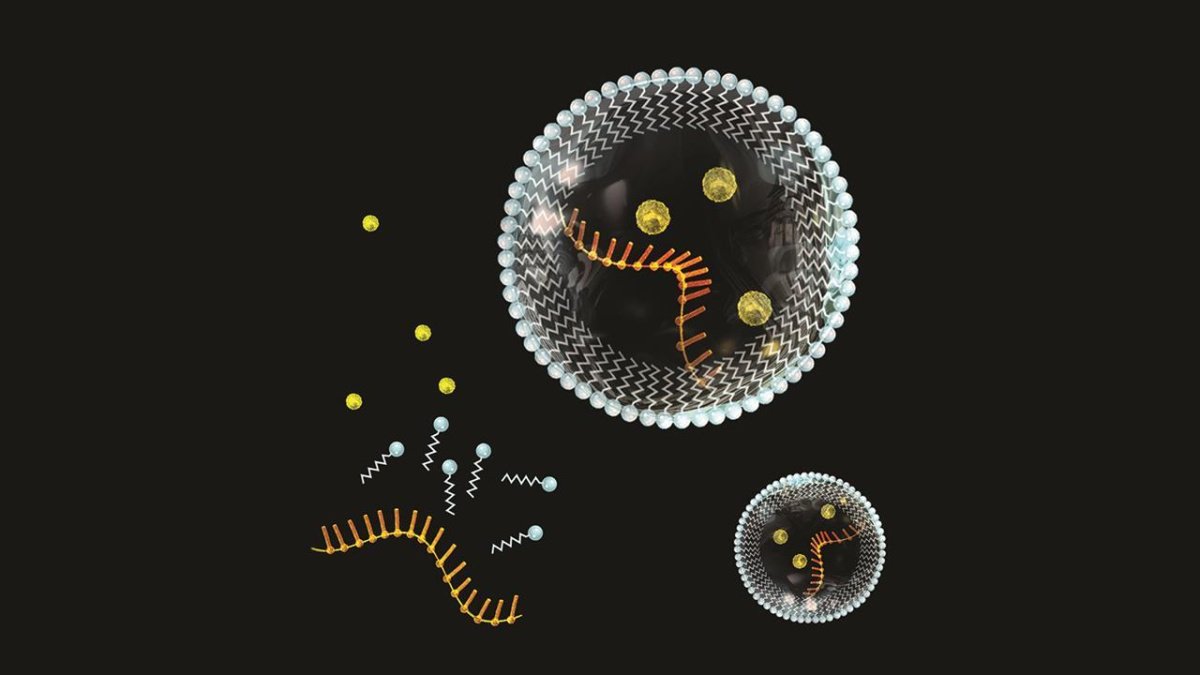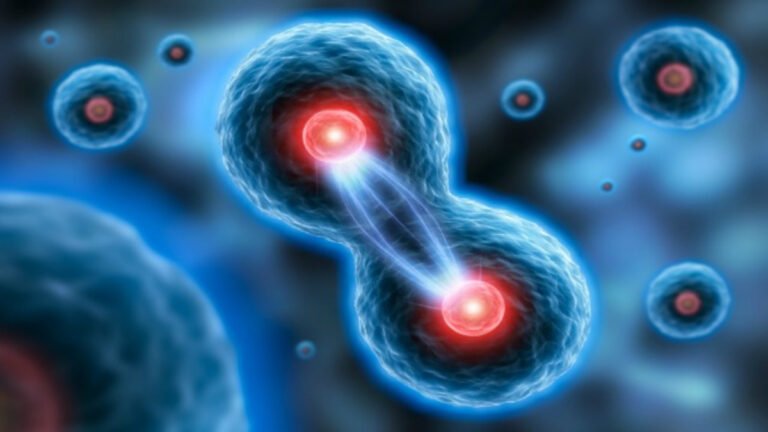what life reveals
Living organisms grow, move, and reproduce in astonishing ways. They make Earth uniquely vibrant. Today, humanity understands more about life than ever before. But what can life reveal about its origins? Consider this.
Evidence of Design
Life appears to show elements of design. Cells, often called the building blocks of life, carry out countless essential processes. These processes allow organisms to survive and reproduce. Even the simplest examples of life display incredible complexity. Take baker’s yeast, a single-celled organism. Although simpler than a human cell, it is far from basic.
Yeast cells have a structured nucleus containing DNA. They include tiny molecular “machines” that sort, transport, and modify molecules—actions critical to their survival. When food is scarce, yeast triggers a specialised chemical response, reducing its activity. This allows it to remain dormant in a pantry, waiting to be activated in a baking process.
For decades, scientists have studied yeast cells to better understand human biology. Yet their work is far from complete. As Ross King, a professor at Chalmers University of Technology in Sweden, notes, “There are just not enough biologists around to do all the experiments we want to do to understand how even yeast works.”
Does the incredible complexity of a single yeast cell suggest intentional design? Could such precision exist without a designer?
The Source of Life
Life arises only from other life. DNA, the molecule that holds the instructions for life, is made up of nucleotides. Each human cell contains an astonishing 3.2 billion nucleotides. These are arranged in a precise sequence that enables the cell to produce enzymes and proteins.
The odds of even a simple nucleotide chain forming correctly by chance have been calculated at 1 in 10¹⁵⁰ (that is, 1 followed by 150 zeros). Such an occurrence would be practically impossible.
To date, no scientific experiment has successfully demonstrated that life can originate spontaneously from non-living matter.
Human Life: An Exceptional Case
Among all living things, human life stands apart. We possess unique qualities that allow us to truly savour life. Humans have advanced creativity, complex social behaviour, and a wide range of emotions. We take pleasure in tastes, sounds, colours, and scents. We can make plans, dream for the future, and seek purpose.
What do these abilities mean? Did they develop purely out of necessity for survival and reproduction? Or could they point to life as a gift from a Creator?
A Question Worth Considering
The complexity of life—from single-celled yeast to human beings—raises profound questions. Does the intricate nature of life suggest a purposeful design? Could such a design exist without a designer? These questions invite thoughtful reflection on our origins and purpose.






